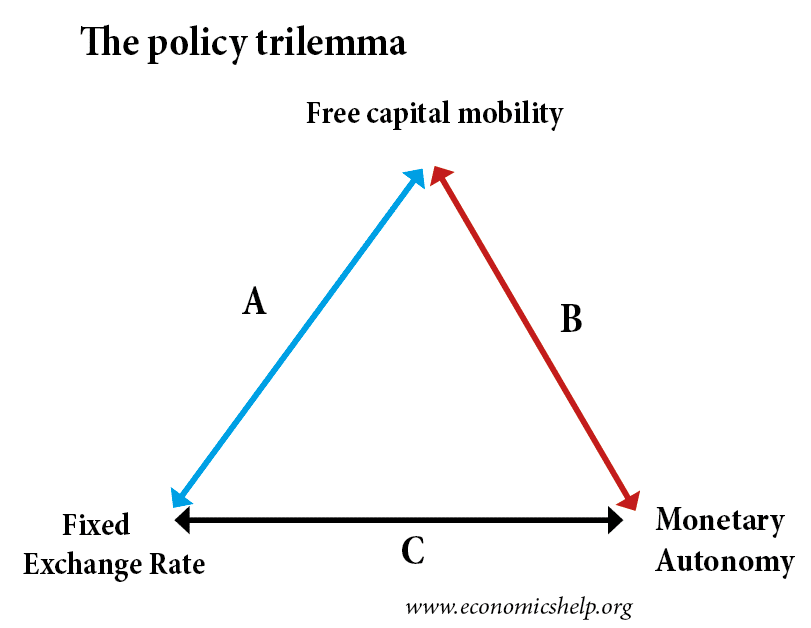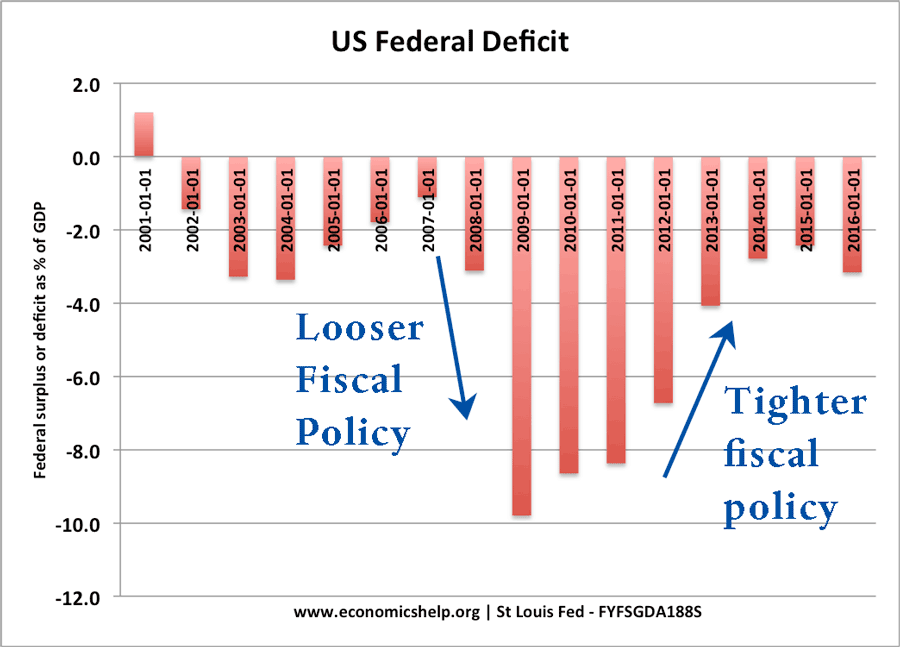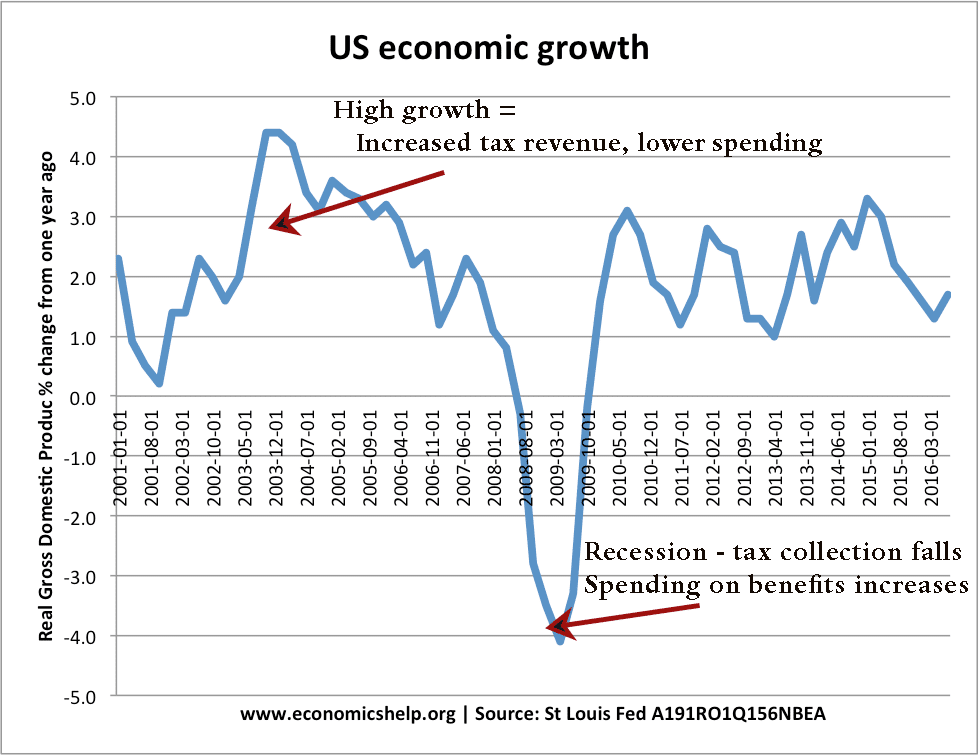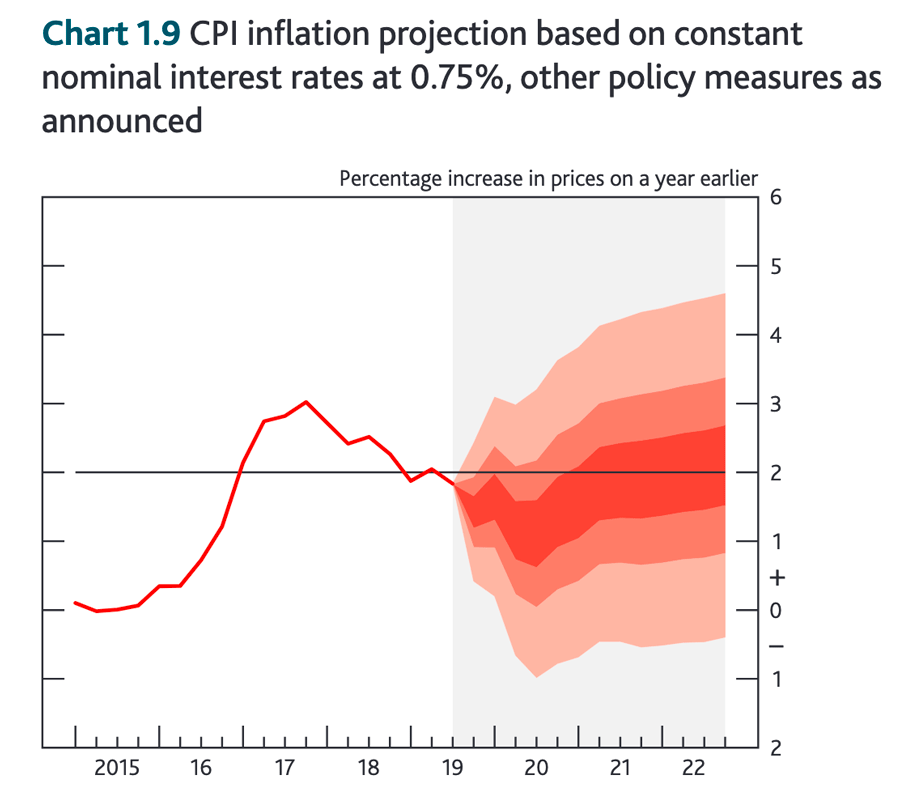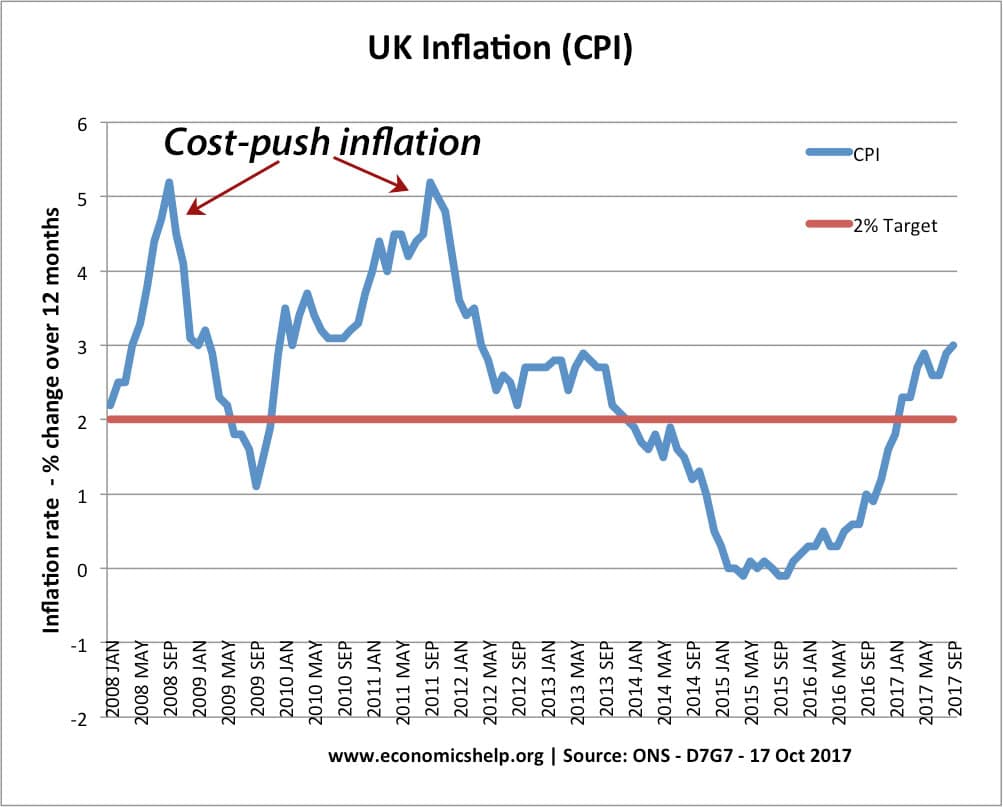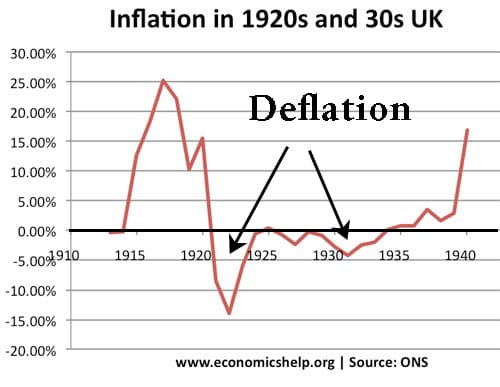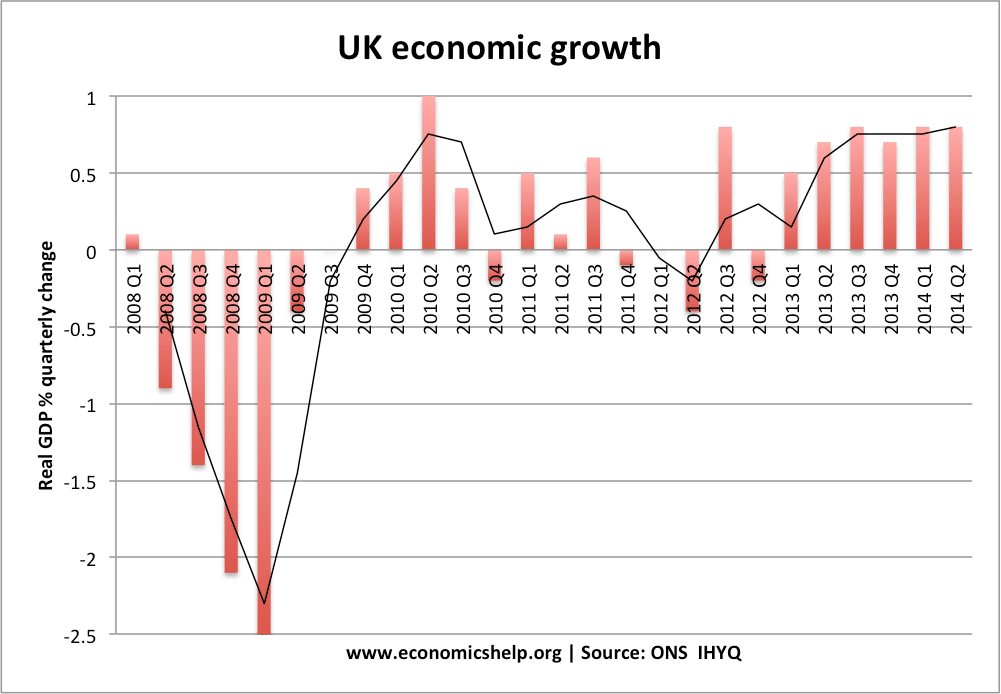Policy trilemma – the impossible trinity
The policy trilemma refers to the trade-offs a government faces when deciding international monetary policy. In particular, the policy trilemma contends that it is not possible to have all three objectives at the same time, but has to choose two from the following three options: Free movement of capital Independent (autonomous) monetary policy Fixed (managed) …

